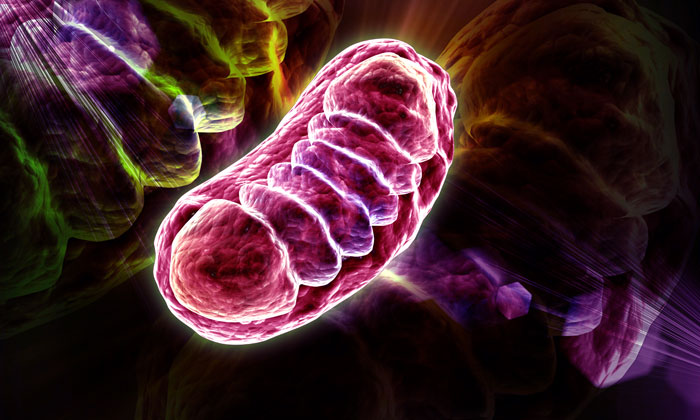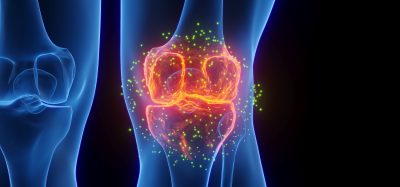EXD2 enzyme identified as key player in mitochondrial protein synthesis
Posted: 19 January 2018 | Drug Target Review | No comments yet
A team of researchers led by IRB Barcelona in Spain have identified a key function of the enzyme EXD2 as being the maintenance of protein production in the mitochondria.


Heading up the study that involved academics from around the globe, scientists at the Genomic Instability and Cancer Laboratory at Institute for Research in Biomedicine (IRB Barcelona) have demonstrated that EXD2 plays a key role in protein production in mitochondria – a discovery that will improve our understanding of how mitochondria are cleaned and maintained.
Commenting on their findings, laboratory Head, Travis H. Stracker, explained: “We have provided extensive evidence that EXD2 is a mitochondrial protein and that its main function is to facilitate the production of proteins in the mitochondria.”.
This work challenges the interpretation of previous studies that suggested that EXD2 performs a DNA repair function in the nucleus. “However, at this point we can’t rule out other possible functions”, said Stracker.
Multipronged approach pins down EXD2
The study presents the results from a collaborative multidisciplinary approach, using state of the art proteomics, metabolomics, biochemistry, cell biology and the development of the fruit fly, Drosophila melanogaster, to pinpoint the function of the enzyme.
Scientists identified the mitochondrial ribosome – the cellular machine required for protein production in the mitochondria – as a major interactor of EXD2. “EXD2 targets messenger RNA to keep the mitoribosome ‘clean’ until it is mature and ready to generate proteins. In the absence of EXD2, cells are severely defective for mitochondrial protein production,” explains Joana Silva, first author of the study and former PhD student of the Genomic Instability and Cancer Laboratory.
More to learn in protein production
The role of the enzyme in the mitoribosome is critical for suppressing the generation of Reactive Oxygen Species (ROS) that can arise due to mitochondrial defects, and facilitating normal development in Drosophila. Flies lacking EXD2 showed increased ROS levels, delayed development and reduced fertility.
“The results highlight the complexity of mitochondrial protein production and demonstrate that many levels of regulation remain to be elucidated”, says Stracker.
These studies may have implications for the understanding and treatment of metabolic disorders, such as diabetes and cancer. As EXD2 is an enzyme and required for mitochondrial translation, it is possible that targeting it could have anti-tumoural effects – a potential avenue for future investigation.
Related organisations
Institute for Research in Biomedicine (IRB Barcelona)
Related people
Joana Silva, Travis H. Stracker







